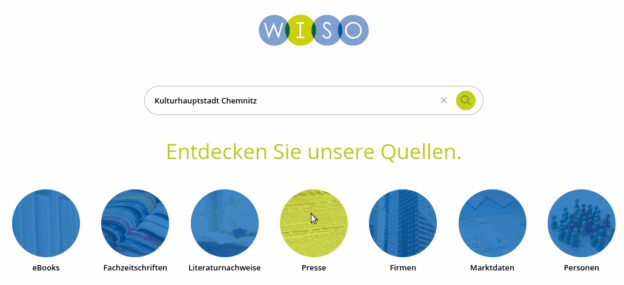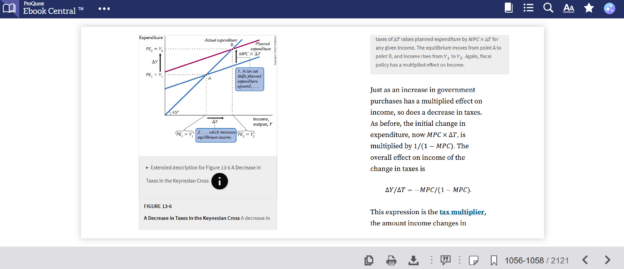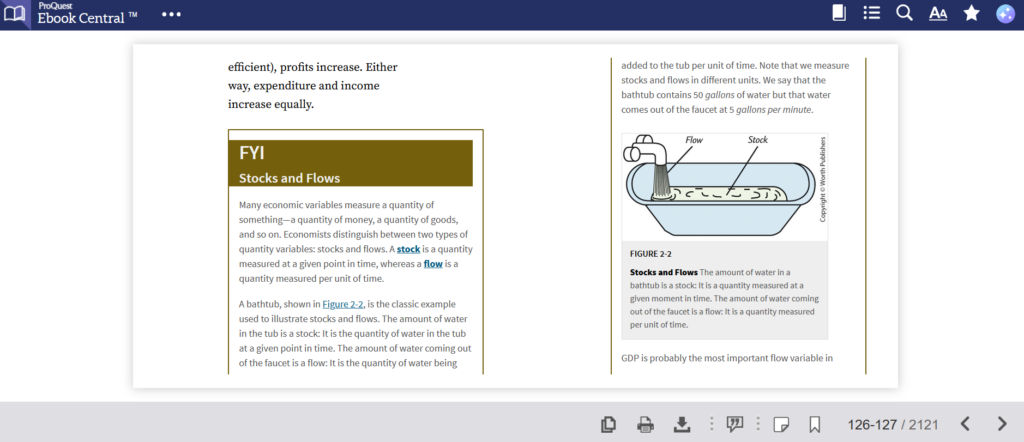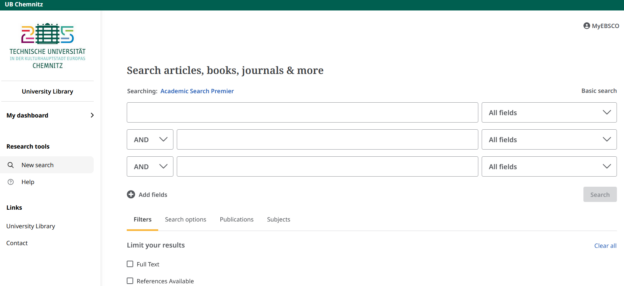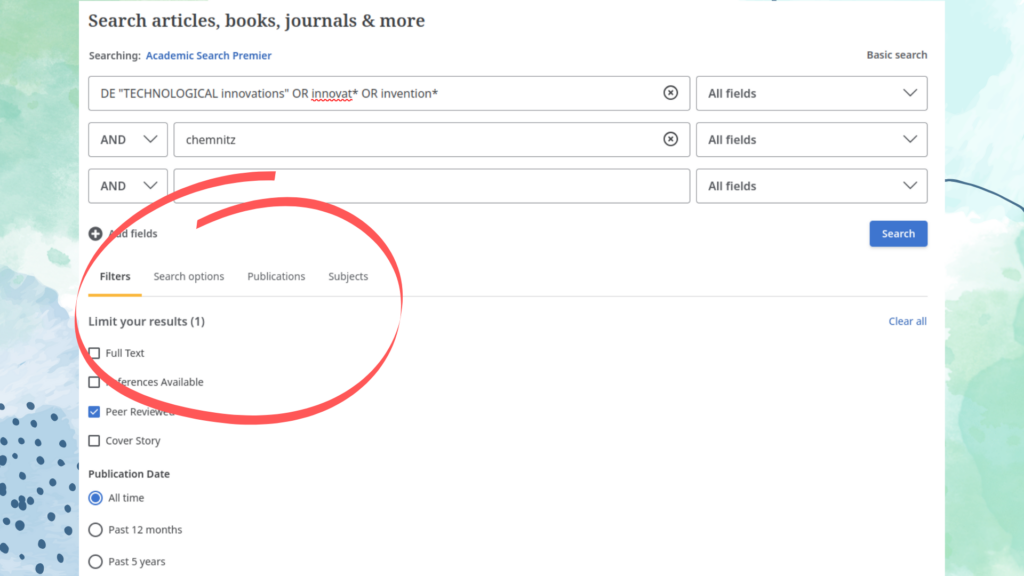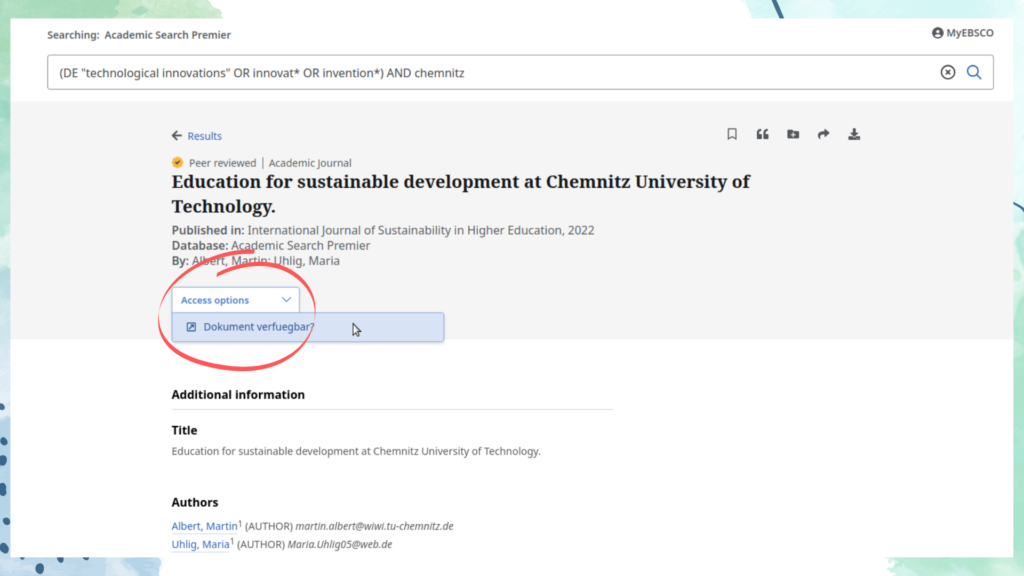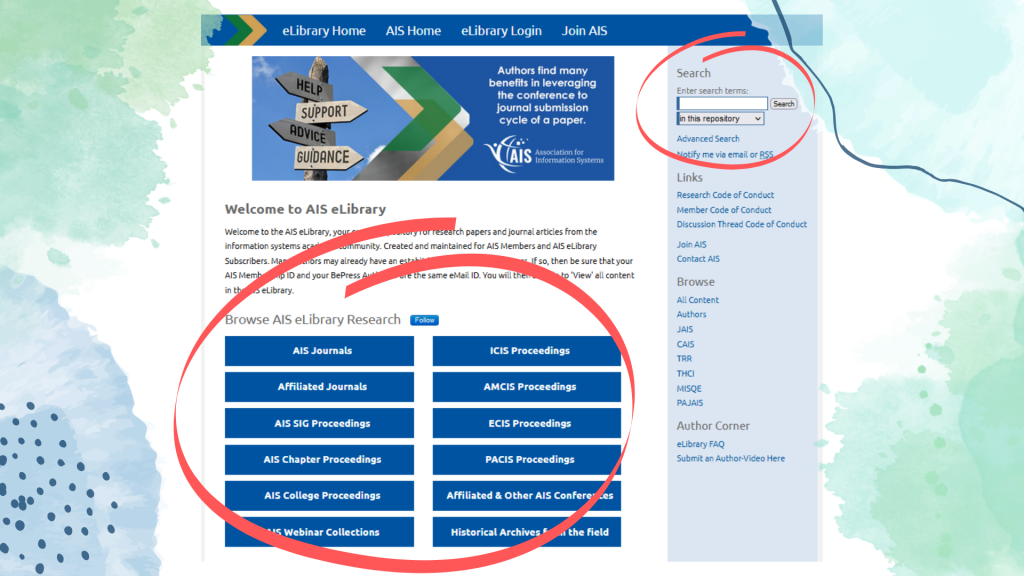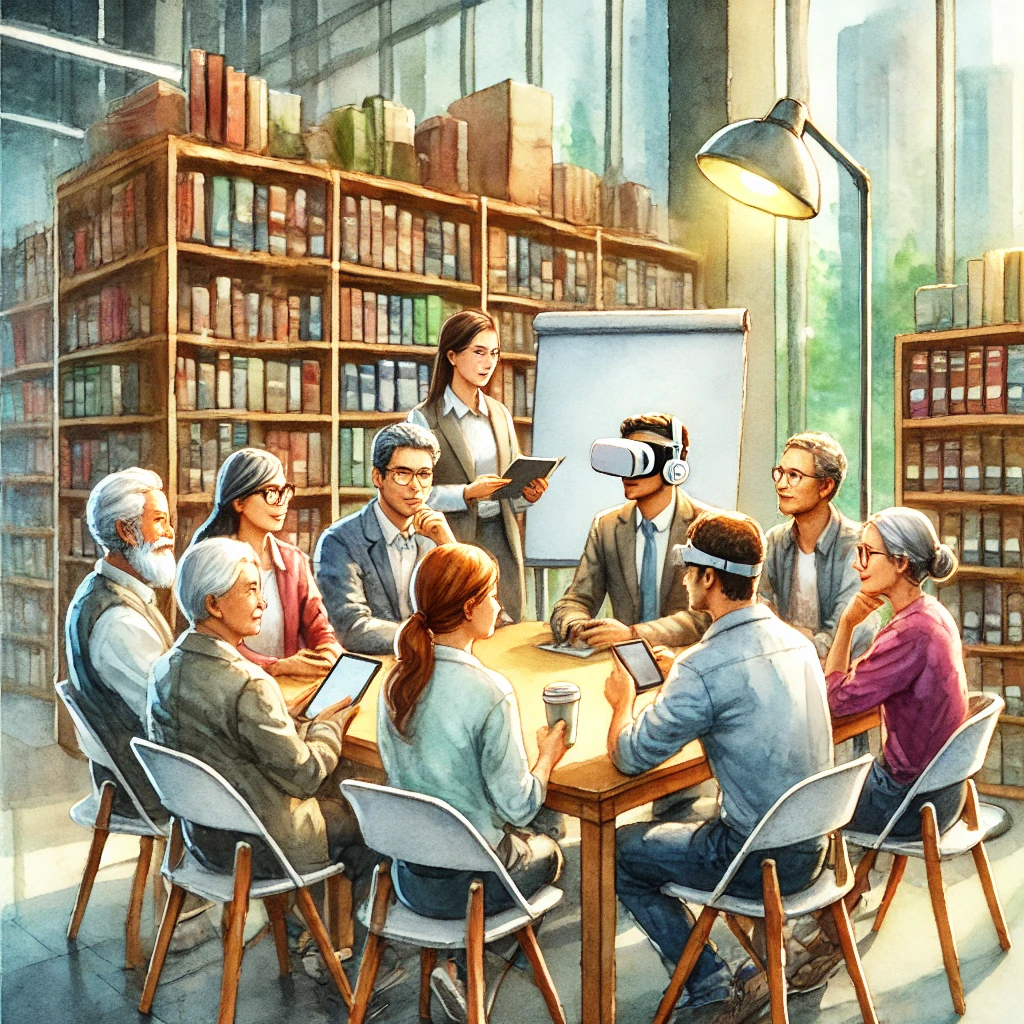
Group of people working in a library (Image generated with ChatGPT, 2024 – https://chat.openai.com)
Citizen science – the active involvement of non-scientists in research projects – is not just a modern approach, but a revolutionary step that can transform science from the inside out. Here are eight reasons why you should start Citizen Science now.
1. Leave the ivory tower: Democratizing science through participation
Citizen science is an opportunity to break down the boundaries between science and society. By actively involving citizens in your research, you create transparency and enable open access to scientific processes. (cf. BMBF (2023): Partizipationsstrategie Forschung. URL: https://www.bmbf.de/SharedDocs/Downloads/de/2023/partizipationsstrategie.html [18.09.2024] – in German only)
2. Strengthen the community: Democracy needs cross-group research
A functioning democracy thrives on participation and encounters. Citizen science promotes precisely this by bringing together people from different social classes, ages and regions. With Citizen Science, you create spaces for cross-group research and enable interested parties to actively participate in scientific projects. (On the topic of personal encounters in everyday life, see: Manthe, Rainald (2024): Demokratie fehlt Begegnung. Über Alltagsorte des sozialen Zusammenhalts. Bielefeld: transcript. DOI: https://doi.org/10.1515/9783839471418)
3. Improving science communication: Entering into dialog
Citizen science is an important step towards improving science communication. By working together with laypersons in the scientific process, a dialog is created in which the significance and benefits of scientific findings become visible. This helps to promote understanding of scientific methods and reduce the mistrust that often exists related to research. (on the dialogical research process: Bogusz, Tanja (2020): Kollaboratives Forschen. In: Selke, Stefan et al: Handbuch Öffentliche Soziologie. Öffentliche Wissenschaft und gesellschaftlicher Wandel. Wiesbaden: Springer VS. DOI: doi.org/10.1007/978-3-658-16995-4)
4. Using resources: Simply collect data (or have it collected)
One visible advantage of citizen science is the possibility of collecting data together in a simple and cost-effective way. Whether it is environmental observations, historical documentation or the enrichment of large data sets, citizen science extends your range and allows you to collect data that would be difficult to access or too costly on your own. (but see critically on data management skills of citizen scientists: O’Grady, M. & Mangina, E. (2024): Citizen scientists-practices, observations, and experience. In: Humanities and Social Sciences Communications. Vol. 11, DOI: doi.org/10.1057/s41599-024-02966-x)
5. Acquiring funding: Participation as a plus point in the application
Funding institutions are placing more and more emphasis on participatory approaches in science. Proving that your research is not only important for the scientific community, but also for the public, significantly increases your chances of success when applying for funding. (see Wissenschaft im Dialog gGmbH (2024): mit:forschen! Gemeinsam Wissen schaffen: Förderinstrumente. URL: https://www.mitforschen.org/citizen-science/handbuch/foerderinstrumente [18.09.2024])
6. Do more than manage (open) science: Putting creativity and discussion at the heart of research
The increasing bureaucratization of science often means that researchers spend more time managing projects than actually doing research. Citizen science is also about re-engaging in the creative process and discussing research through meaningful networking. (see Leonelli, Sabina (2023): Philosophy of Open Science. Cambridge: Cambridge University Press, pp. 67-68. DOI: doi.org/10.1017/9781009416368)
7. Gaining new insights: Through manifold perspectives
Volunteers who participate in science projects often bring new, unexpected perspectives and local knowledge to the table. This fresh perspective can lead to innovative insights that might not emerge in purely academic projects. (see also the concept of open innovation in economics: Pohl, Alexander & Engel, Berit (2021): Open Innovation. SSystematische Darstellung des State of the Art auf Basis einer Zitationsanalyse. In: CENTIM Working Papers. No. 2. Rheinbach: Hochschule Bonn-Rhein-Sieg. DOI: doi.org/10.18418/978-3-96043-092-6)
8. Developing current research questions: Research with social relevance
By involving citizens in your research, you can develop relevant and practical research questions that address the actual needs and challenges of society. This allows you to conduct research that is not only of interest on an academic level, but also solves concrete problems and improves people’s everyday lives. (as an example: Overgaard, Anne Kathrine & Kaarsted, Thomas (2018): A New Trend in Media and Library Collaboration within Citizen Science? The Case of ‘A Healthier Funen’. In: Liber Quarterly. Vol. 28. DOI: doi.org/10.18352/LQ.10248)
Conclusion: Citizen Science as a path to future-oriented research
Citizen science is more than just a new trend – it is a transformative movement that is fundamentally changing the way science is done. By involving amateur researchers in your projects, you not only create more transparency and participation, but also contribute to solving societal challenges. Take the opportunity to break new ground with Citizen Science.
—————————
Current information, for example on funding instruments, data management in projects and legal and ethical issues, you find on these central platforms:
Looking for support?
Get in touch with the Open Science Team at the University Library:
Davide Del Duca: davide.del-duca@bibliothek.tu-chemnitz.de | Telefon: +49 371 531-36501 | Chat/Matrix: https://matrix.to/#/@dadel:tu-chemnitz.de
Martina Jackenkroll: martina.jackenkroll@bibliothek.tu-chemnitz.de | +49 371 531-33482
Formulated and translated with support of Chat.GPT and DeepL

